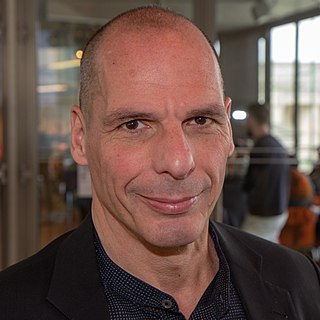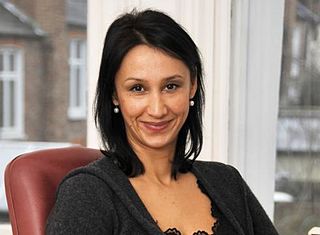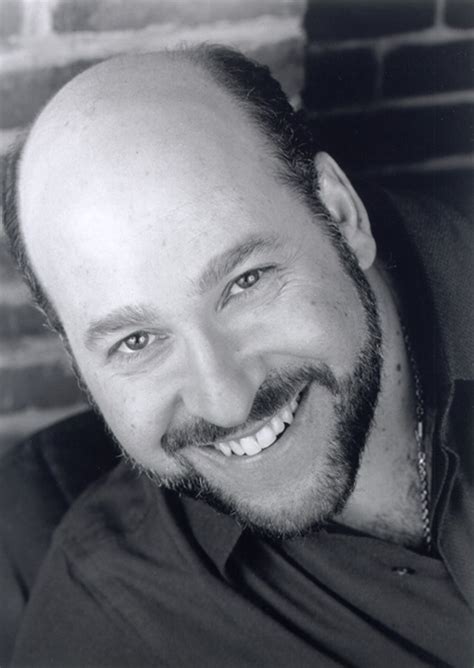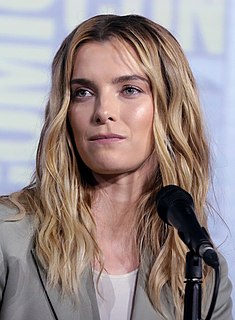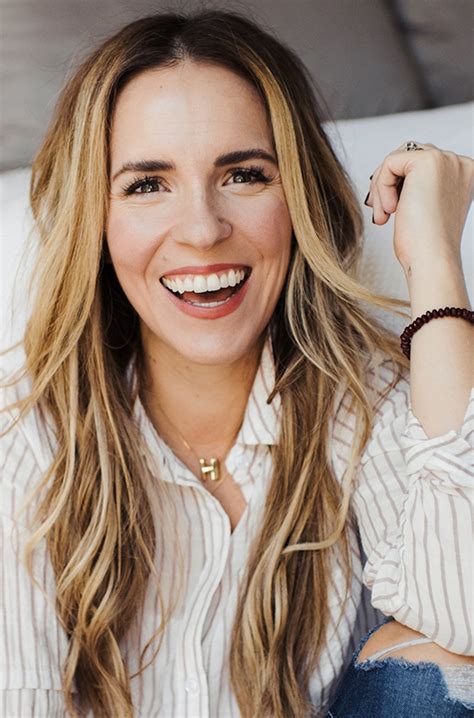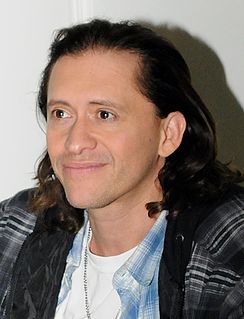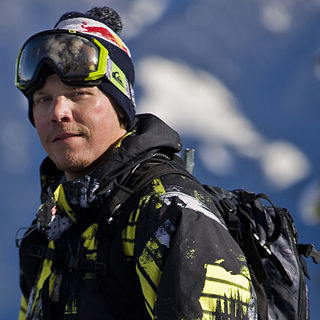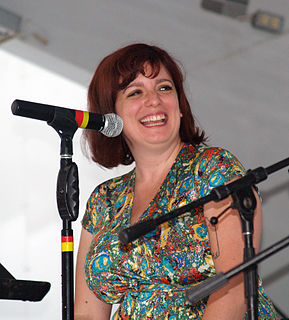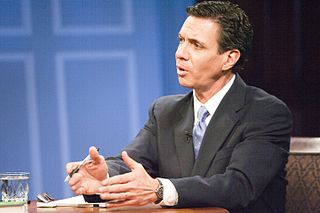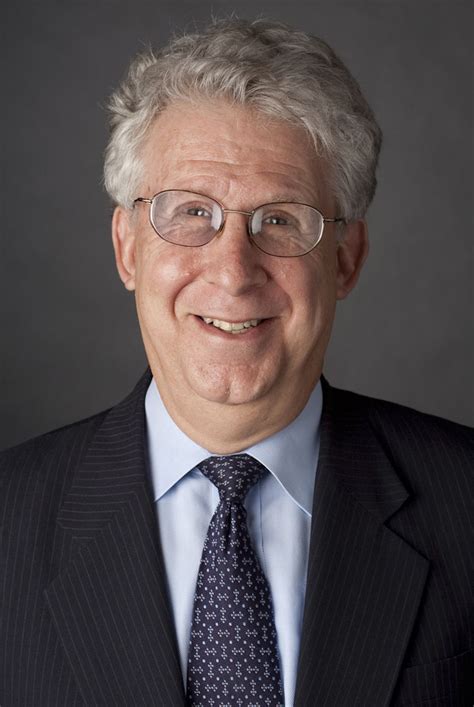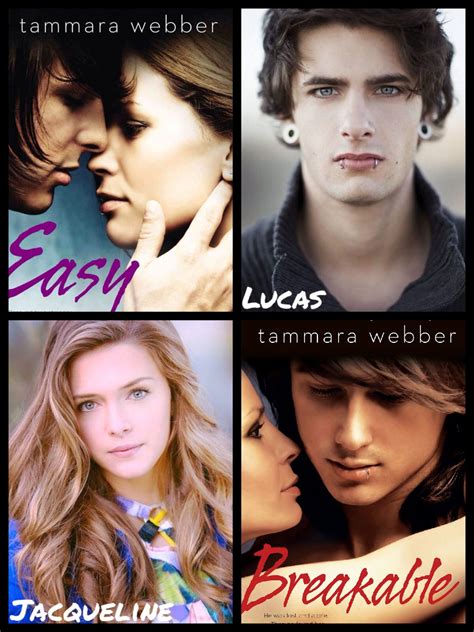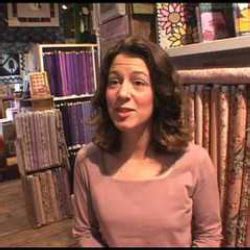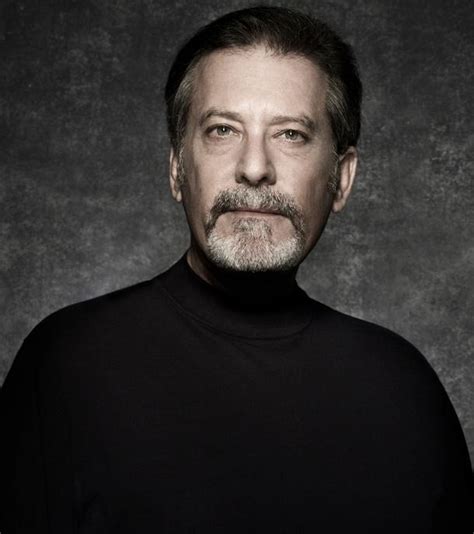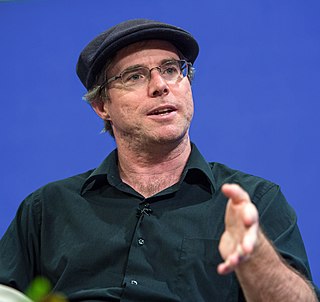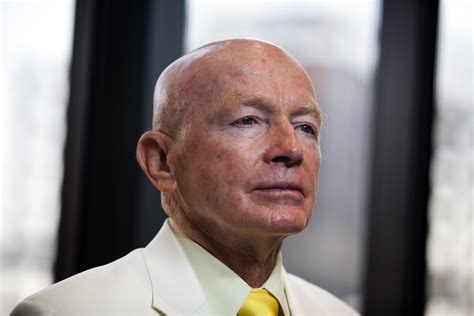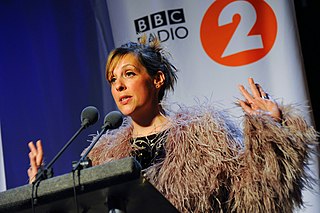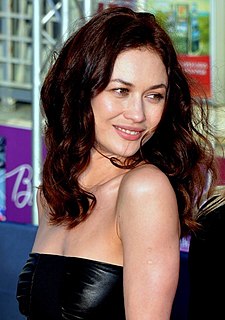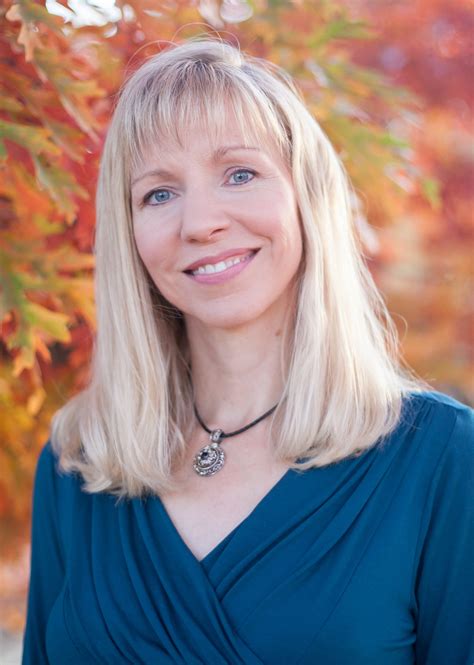Top 211 Researching Quotes & Sayings - Page 3
Explore popular Researching quotes.
Last updated on April 16, 2025.
Because I spent many years during my previous life as an academic researching game theory, some commentators rushed to presume that as Greece's new finance minister, I was busily devising bluffs, stratagems and outside options, struggling to improve upon a weak hand. Nothing could be further from the truth.
When you have so many projects to nurture, one or two get real excited and raise their hands. The reaction from it tells when it's time and where to go. I usually have about a half a dozen titles in development; researchers researching and people doing cover. I'm exploring musical vocabularies I want to explore, different genres, and constantly reading things.
In the late 60s, 70s and possibly early 80s, social scientists were interested in researching the diffusion of innovation and studying the link between applied research and policy and program development. Recently there has been less interest in these issues and we feel that this interest must be rekindled.
An awesome thing about starting your own business? There's no one there to tell you what to do! But that, you might quickly discover, is a double-edged sword. If you're not careful, you won't shower for four days straight, and you'll spend half your time researching 'girly, stylish office' on Pinterest instead of getting any real work done.
There are two - parallel - universes of science. One is the actual day-to-day work of scientists, patiently researching into all parts of the world and sometimes making amazing discoveries. The other is the role science plays in the public imagination - the powerful effect it has in shaping how millions of ordinary people see the world.
In the early '90s, I was hired to write educational dramas about HIV and AIDS in the shantytowns. I did that for two and a half years, and then I was hired on other films. When 'Tsotsi' presented itself, I thought, 'This is not a world I grew up in, but I've spent a great deal of time writing about it and researching it in my past.'
I've seen people spend days, if not months, researching and gathering data, but only at the end did they finally figure out what they were really looking for; then they have to redo a lot of stuff. If after a day or so you force yourself to put together your tentative conclusions, then you'll have guidance for the rest of your research.
The things that are reflected back at us, often times, are appealing to a base instinct that's about response as opposed to reflection. So for me, it's important to turn on a piece of information that might interest people, you know, that might interest them in pursuing or researching maybe, or even just thinking about it in that moment as I'm performing it.
I work in a business environment forty hours a week, and writing is what I do to unwind. It allows me to transport myself to a happy place where I can indulge my hopes, beliefs, aspirations and fantasies. It also allows me to live and breathe a topic for eighteen months while I'm researching and writing.
Every city, every town, every region in USA has these weird things - the way they pronounce words, or what they call soda, or how people drive. It's a huge country, and there's all these strange pockets of behavioral patterns that social anthropologists could spend lifetimes researching and reporting on.
Sense of smell, of course, is only one of those dog qualities that can't be replicated or improved upon. I've been researching dogs in warfare for my book about 'Rin Tin Tin,' and I've read many accounts of their heroics: carrying messages through battle, alerting troops to enemy planes, and even parachuting behind enemy lines.
I have been blessed in many ways, and one of those is to have been born in Africa, for me a great treasure house of stories. I have been researching it since my infancy; reading about it, talking to men and women who have spent their lives in this land, living it as I have and loving it as I do. I write almost entirely from my own experience.
When you consider the sheer magnitude of investable equities to choose from in the world's emerging markets, you realize that finding one that looks attractive enough to warrant investing your faith and assets in is as formidable a task as finding a needle in a haystack. Fortunately, researching investment opportunities is a lot more interesting than digging for needles in haystacks.
My father describes himself as a Pole of Lithuanian descent. At Southampton University, he read aeronautical engineering and then the family moved to Hong Kong - this was before I was born - where he designed aeroplanes. Back in the U.K., he worked as a civil engineer, although every spare minute was spent researching his family's history.
I say it was like this accidental research that I did for eight years. I had no idea I was researching the role of my career. But yeah, and there was this one casting director named Allison Jones, and for five years she would call me in every year for a different TV show and she just really was a big supporter of mine.
I think you get to see, through the different cult members, why people are attracted to a group like this. Everyone is there for a different reason and from a different background. That was part of what was interesting for us, in researching cults and exploring it. A lot of this happens in California.
I love being in the archives, traveling, sitting in dusty places and looking at books with brittle pages. I love reading biographies and researching, to make myself informed about whatever political or historical time I'm writing about. From there, a lot of the emotional truths about my characters emerge.
A student researching into my work has actually traced the newspapers and magazines where I found theses images and has found out that many of them illustrate a collection of gruesome stories, murders and suicides which contrast with the images used. There is a contrast between the message carried by the text and that suppressed by the illustration.
I don't know what the misconceptions are, but I approach a small budget, artsy, independent movie in the same way as a big budget, commercial Hollywood movie. I don't get into those [details]. I have to get into my character and I concentrate on that, on the story, on researching, and on certain training if I have to be prepared physically. I think that's the most important thing.
I use all kinds of resources for researching my novels. I'm not shy about calling up experts and asking questions, or emailing, or buying textbooks and references. The Internet is always a brilliant way to find instant facts, but it's not a great way to really understand your subjects in depth without a lot of work.
In the time between when you first read a script and are offered the role and the time when you begin to shoot, I really love putting in the time and work on that and getting a solid backstory to a character and researching all that I can about what that person does for a vocation or their upbringing or where they're from.
Even though I now know that it's likely the Earth will suffer through mega-volcanoes or meteor strikes that could take out millions or billions of people, I feel less anxious about it because I actually understand what the threats are. There's nothing like researching something exhaustively to make it less terrifying.

